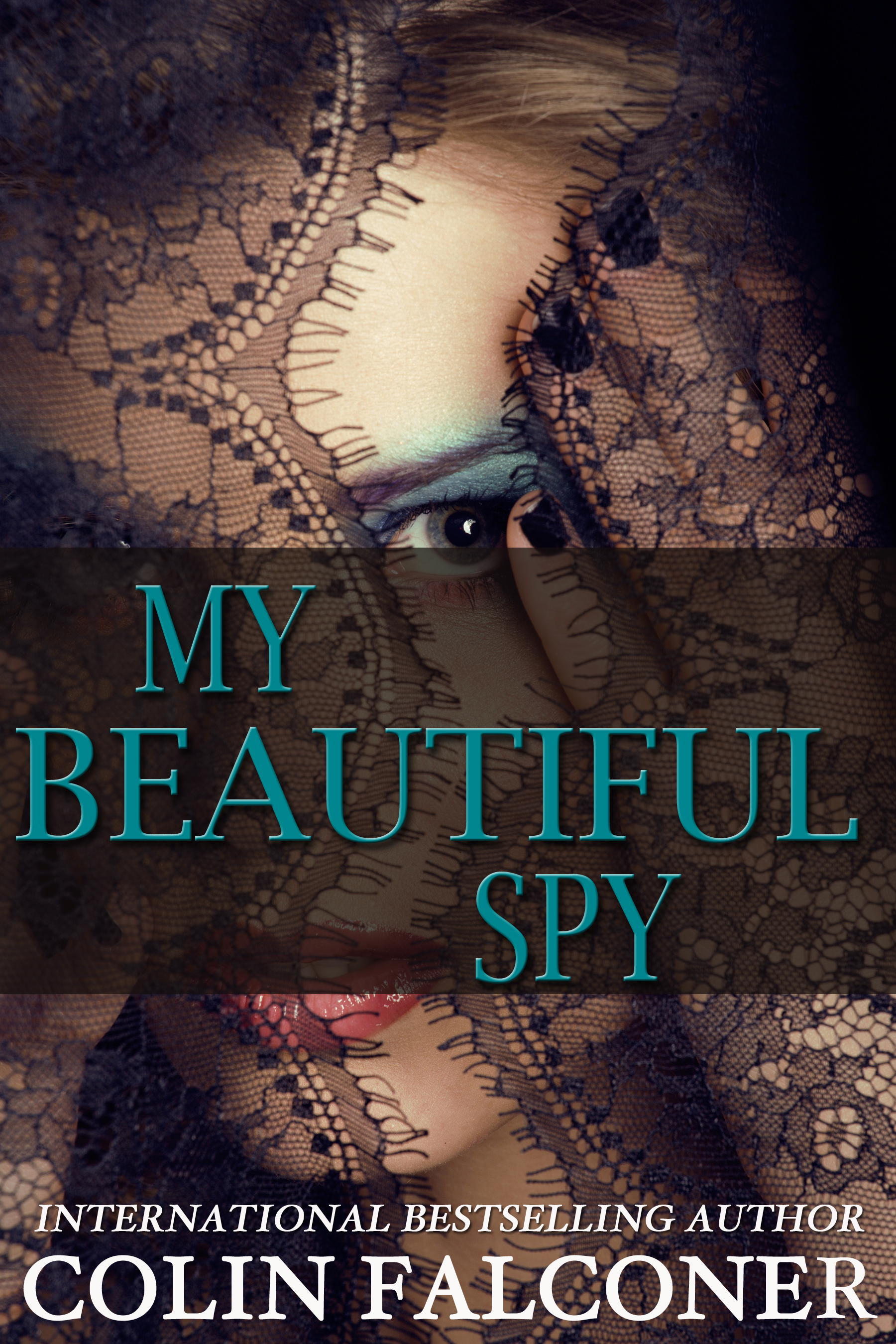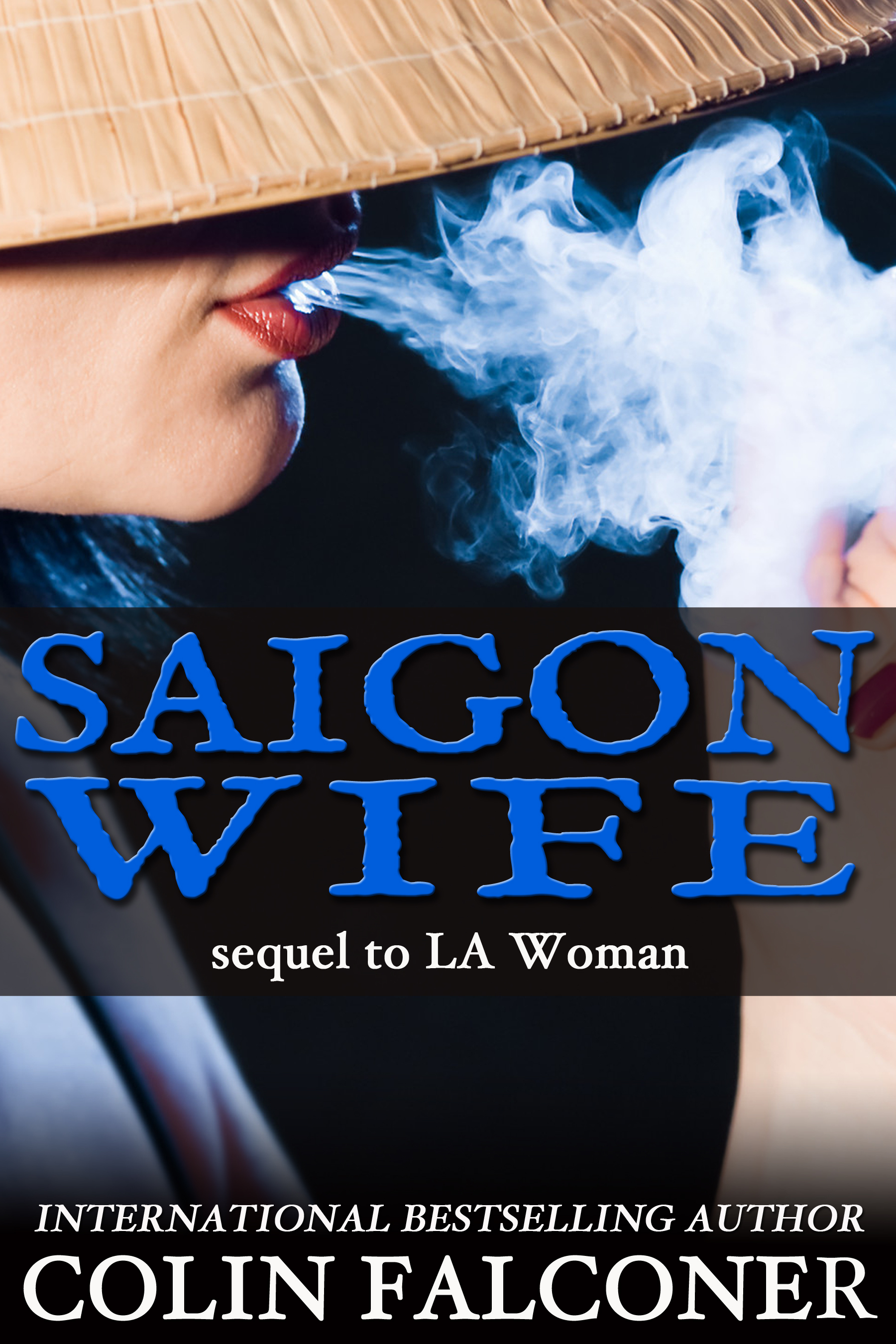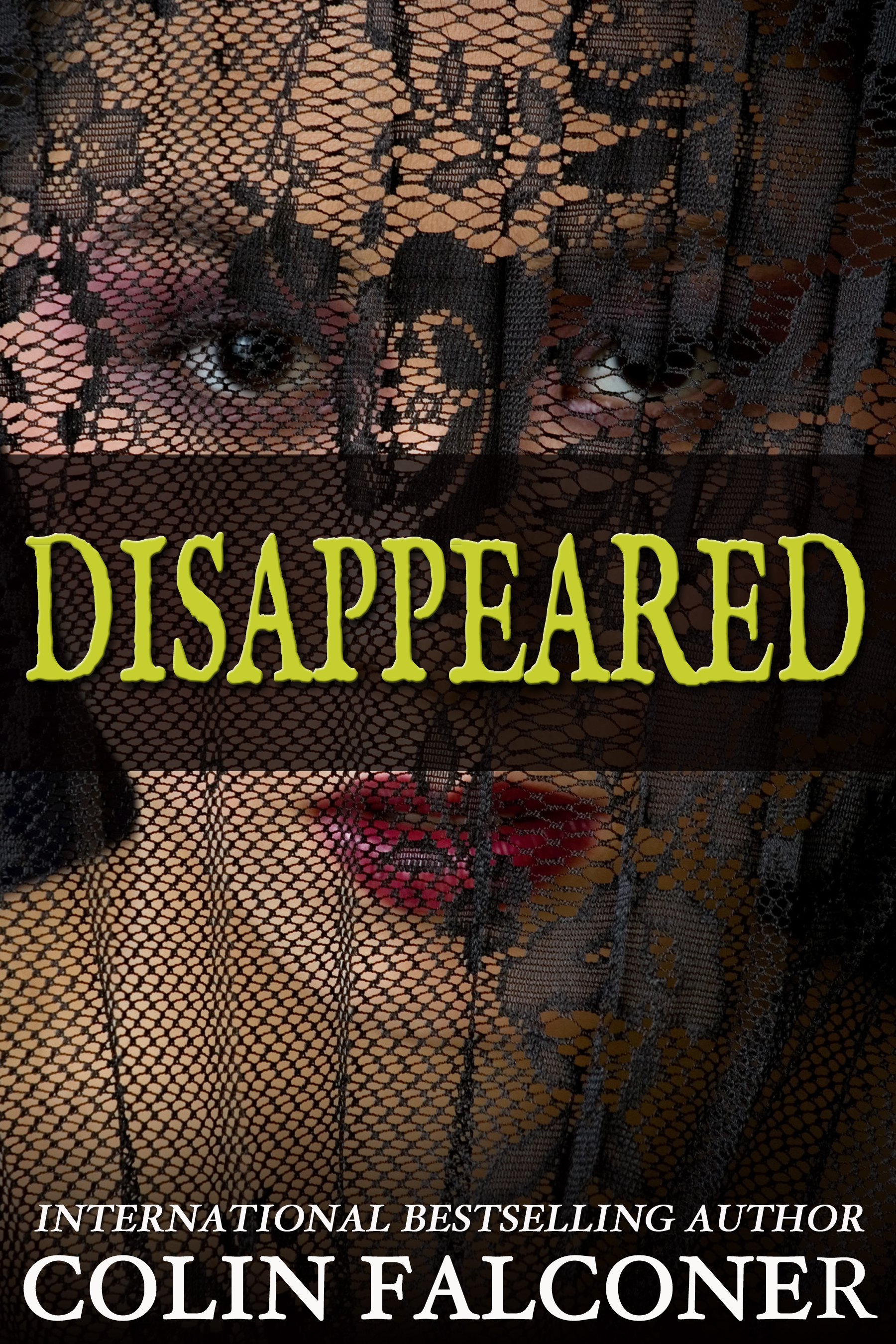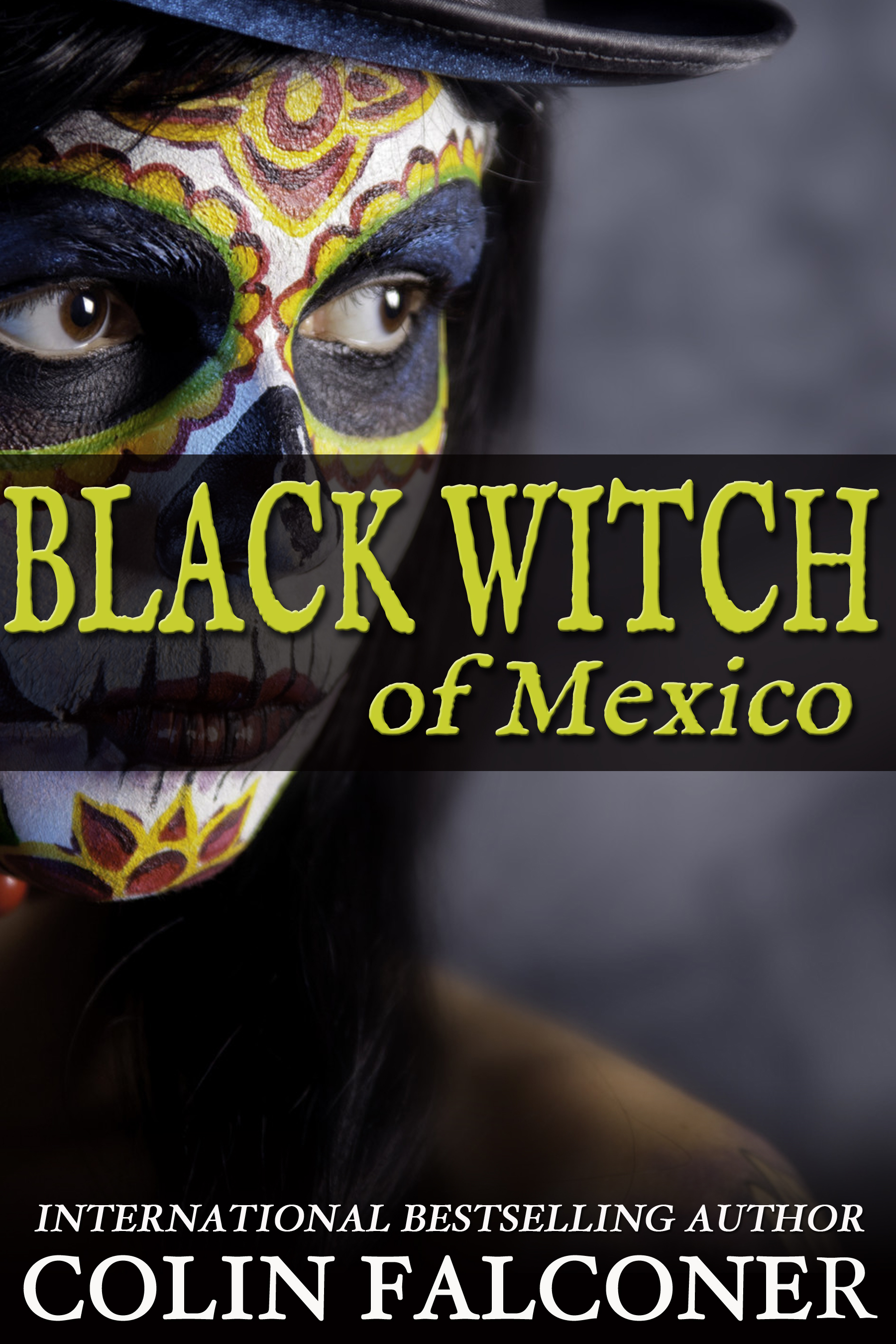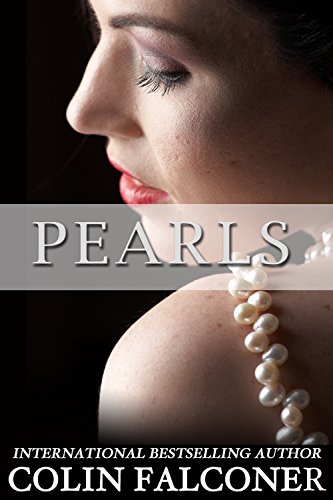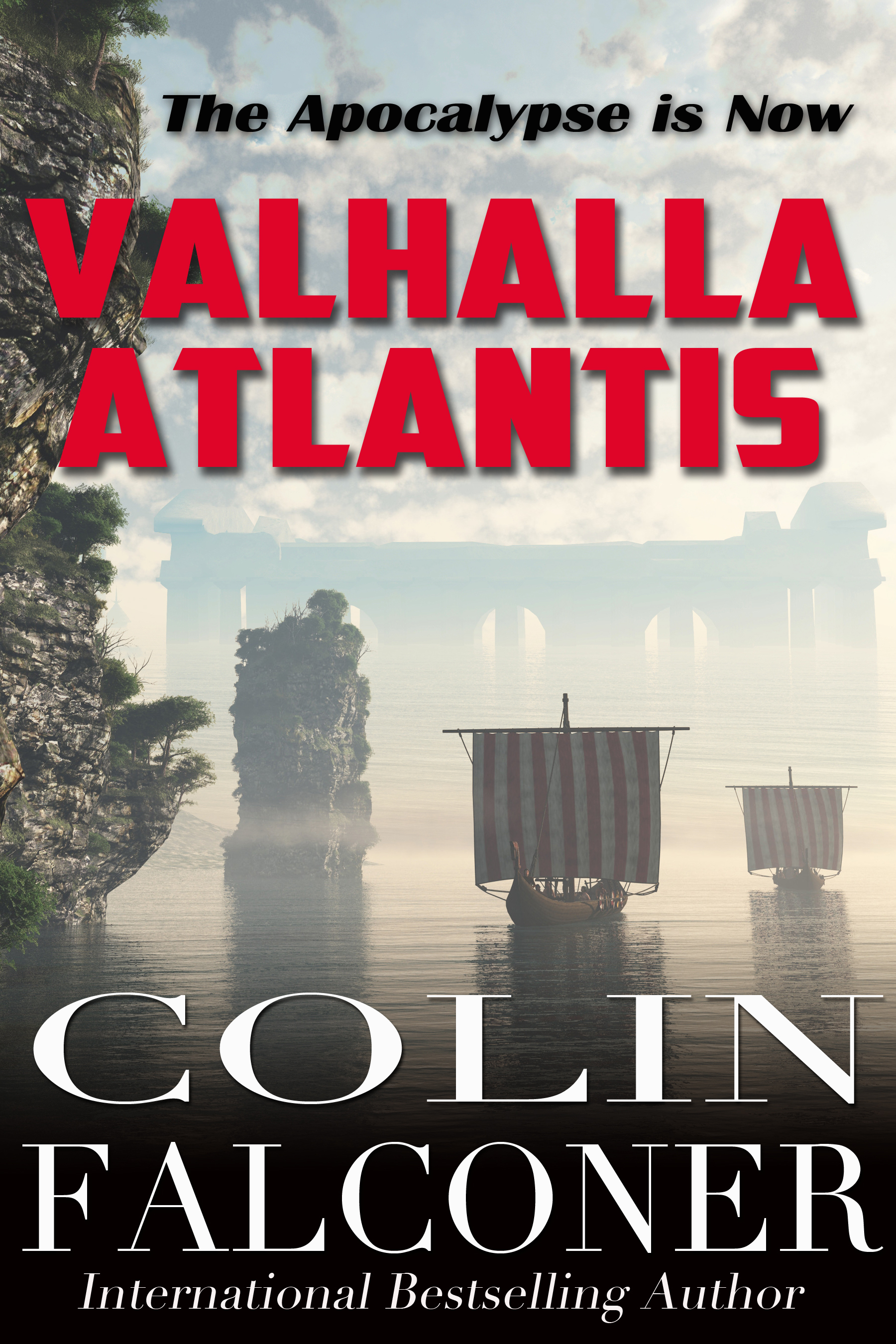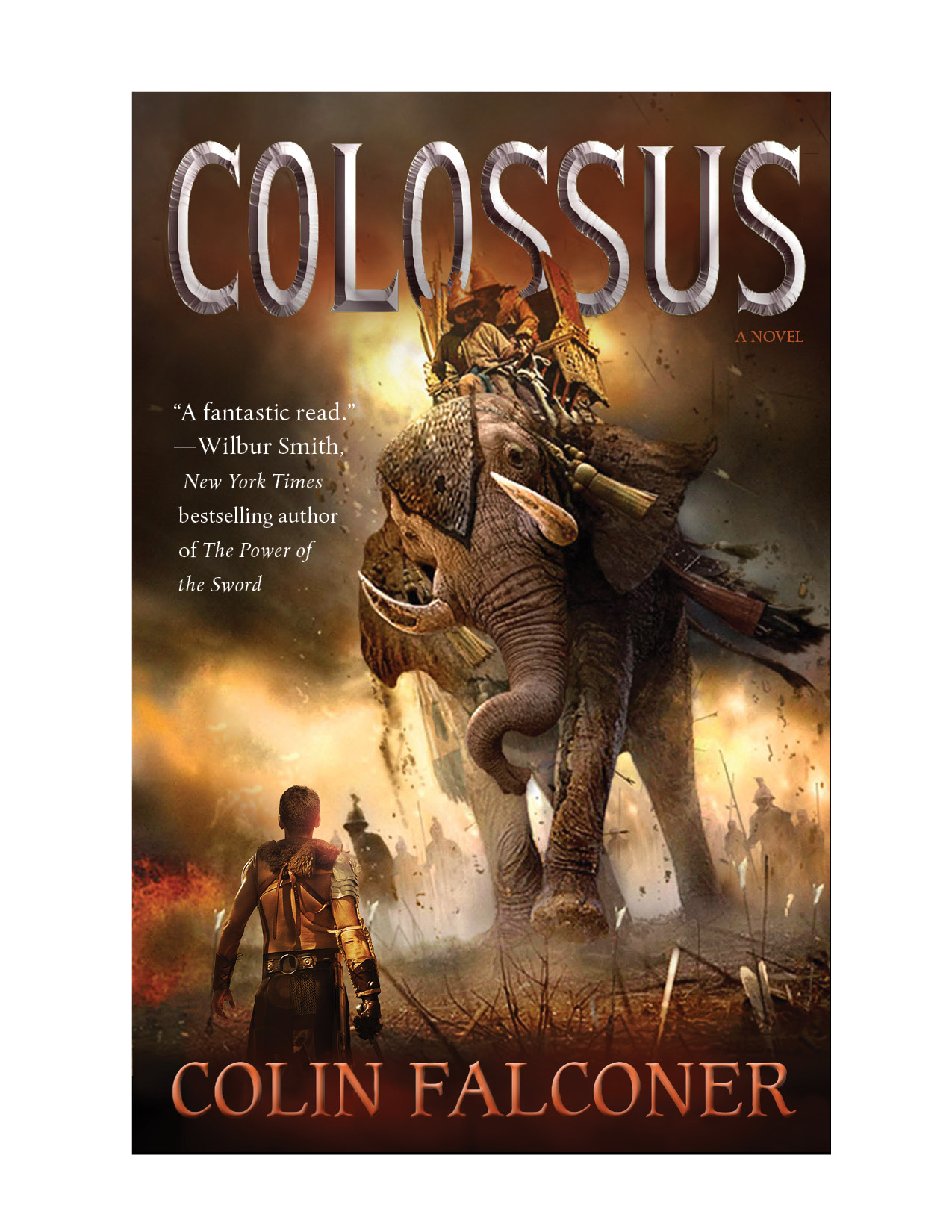Come and join me at the Falconer Club, for selected excerpts and to get free Exclusive Review Copies of my books. JUST CLICK THE FACEBOOK LOGO AT TOP RIGHT!
“Tell me a story.”
Like kids all over the world, my daughters loved me reading them a story every night before they went to sleep.
At that time, in movie theatres right across the world, couples settled down with buckets of popcorn as the lights went down, thinking the very same thing.
“Tell me a story.”
Only they asked Steven Spielberg or Jonathan Demme to tell it to them.
My daughters are grown now. Jonathan Demme is gone.
But there are other daughters, other movie-goers …
When did humans first start saying: “Tell me a story” ?
The first graphic novel started with someone scrawling some figures on a cave wall thousands of years ago.
photograph: Clemens Schmillen
The actual genesis of the first audio book was the campfire; the first listeners were dressed in animal skins.
Long before human beings could even read, they were telling stories.
In the millennia since, stories have been variously carved, scratched, printed or inked onto wood or parchment, silk or bark or palm leaf, stone and clay.
These days stories – in some cases, the very same stories – are now recorded digitally, to be read or watched as moving pictures.
The medium has changed - no, it has multiplied - but whether it’s an audio-book or a play or a movie or an eBook or a hardback you can hold up to your nose and sniff for the complete sensory experience - it’s all just a way to provide the very thing that all human beings crave: narrative.
But why? Why do we all consume stories, every day, and in such prodigious quantities?
Psychologists tell us our brains are wired for story.
Even those of us who have never learned 3 Act Structure – and that’s most of the world – understand it, expect it and respond to it.
Without 3 Act Structure, Mister Darcy and Batman and Romeo and Juliet and Cinderella would not have become such a vital part of western culture. (Or in the case of Cinderella, almost EVERY culture.)
Originally, it is believed stories evolved as a way to teach younger members of a tribe notions of morality, about good and bad.
For example, a Native American tribe called the Chippewa told their ankle biters a story about an owl who snatched away naughty children if they did not behave. Most other cultures have similar Santa Claus or Bogeyman myths, with a similar theme and purpose.
But story is more, much more, than this.
Narrative became a way to look for and explore the meaning behind human existence. It is a mirror that shows us who we are, where we come from and where we belong.
We are not talking Booker Prize; we are not just talking JM Coetzee and Margaret Atwood. Narrative is story, any story.
Because telling stories is absolutely central to what it is to be human.
Some people say that Facebook, Hollywood, mobile phones and the Internet have put narrative under threat. Not a bit of it. The medium is not important. (To say otherwise will have us mourning the end of cave painting.)
It is content, not delivery, that shapes us and the culture we are a part of.
A thousand words can paint a picture.
Depending on the message, stories can be used to instil tolerance or breed hate.
For instance, do the stories we learn, the ones we carry with us, teach us to turn the other cheek or take an eye for an eye?
One theme is found in Leviticus and Exodus; the other is from Matthew’s Gospel, (the Sermon on the Mount). Both are from the Christian Bible, ‘the greatest story ever told’.
Both stories are re-told over and over today, with modern plots and themes, in a thousand ways, in plays and movies and novels.
The stories we tell ourselves reflect what we believe, but they can also persuade us to change our minds.
In the fifties and sixties John Wayne told us one story about the plains Indians of North America; more recently, Kevin Costner told us quite another story.
Stories are never just entertainment. From Cinderella to Pretty Woman, Jack and the Beanstalk to The Hunger Games, even the simplest of stories has a message. They explain the world to us; they shape our view of it.
It’s why that little voice inside us whispers to us every day.
“Tell me a story.”
That’s why, in the beginning, there was the story.
The End.

